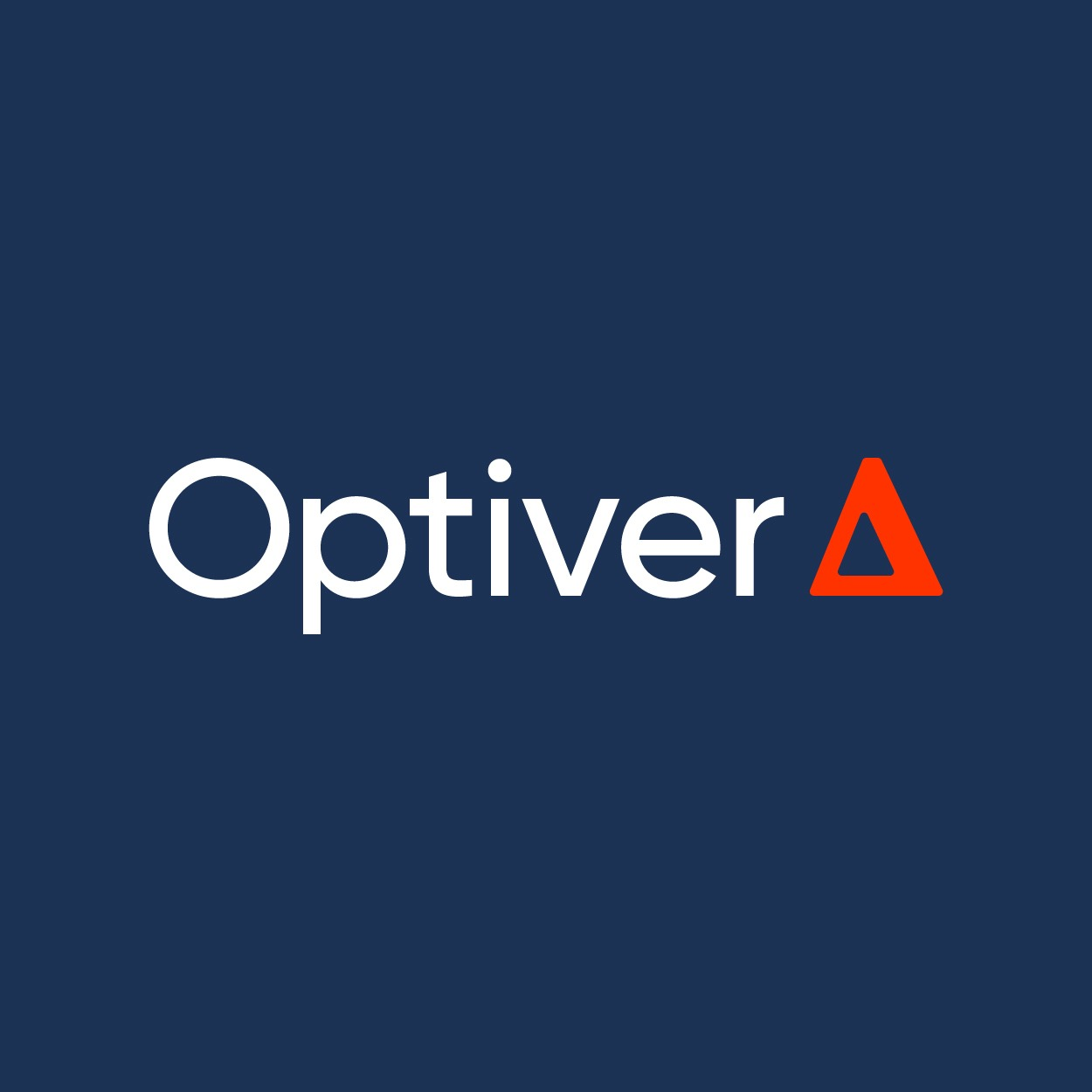
Optiver
Truck Positions
Question Metadata
- Interview Type
- technical
- Company
- Optiver
- Last Seen
- Within the last month
- Confidence Level
- High Confidence
- Access Status
- Requires purchase
Purchase access to view the full interview question
Optiver's interview process is renowned for its rigor and depth, aiming to assess both technical proficiency and behavioral traits. Candidates can expect a multi-stage evaluation, including online assessments, technical interviews, and behavioral interviews. The process often involves coding challenges, system design questions, and discussions about past projects and experiences. For instance, one candidate mentioned, "The process is long and tedious with first OA and then roughly 4 more rounds of mix behavioral and technical." (glassdoor.com)
In technical interviews, Optiver emphasizes problem-solving abilities, algorithmic thinking, and system design skills. Candidates are often presented with complex scenarios that require a deep understanding of data structures, algorithms, and software engineering principles. A candidate shared, "The interview was really difficult, especially for an intern position." (glassdoor.com)
Assessment Rubric Overview
The "Truck Positions" problem evaluates a candidate's ability to design and implement a subscriber system that efficiently manages truck position data updates. This task assesses several core competencies:
-
Technical Proficiency: Demonstrating a strong grasp of data structures, algorithms, and system design principles is crucial. The problem requires designing a system that handles real-time data updates, ensuring that all updates arrive in the same order as they were initially sent out. Candidates should be adept at implementing efficient data storage and retrieval mechanisms to manage truck positions and updates.
-
Problem-Solving and Analytical Thinking: The task tests the ability to break down complex requirements into manageable components and devise effective solutions. Candidates should exhibit logical reasoning and the capacity to anticipate potential challenges, such as handling concurrent data updates and ensuring data consistency.
-
Software Engineering Practices: Proficiency in writing clean, maintainable, and well-documented code is essential. Candidates should demonstrate an understanding of software development best practices, including modular design, code reuse, and testing strategies.
-
Communication and Collaboration: While the problem is technical, the ability to communicate complex ideas clearly and collaborate effectively is also evaluated. Candidates should be able to articulate their thought process, justify design decisions, and discuss trade-offs in their approach.
Preparation Recommendations
To prepare effectively for this type of problem, candidates should:
-
Review Core Concepts: Strengthen knowledge in data structures (e.g., queues, lists, trees) and algorithms, particularly those related to real-time data processing and event-driven systems.
-
Practice System Design: Engage in exercises that involve designing scalable and efficient systems, focusing on data consistency, concurrency, and fault tolerance.
-
Enhance Coding Skills: Regularly solve coding problems on platforms like LeetCode or HackerRank to improve problem-solving speed and accuracy.
-
Understand Real-Time Systems: Familiarize oneself with the challenges and solutions associated with real-time data processing, including message queues and event-driven architectures.
Optiver's interview process is designed to identify candidates who not only possess strong technical skills but also align with the company's culture of continuous learning and excellence. Demonstrating a proactive approach to problem-solving, a commitment to high-quality code, and the ability to communicate effectively will position candidates favorably in the evaluation process.
Other verified questions from Optiver